
Concert pianist Alice Sara Ott (Photo credit: Deutsche Grammophon)
“In music, it doesn’t matter what nationality you have. It is more important what you want to say and who you are. With music, I was welcomed everywhere. We were talking in a language above all this hate and racism”
– German-Japanese pianist Alice Sara Ott
~~~~~~~~o~~~~~~~~
Perhaps it is her choice of a first recording of Franz Liszt’s twelve Etudes d’execution transcendante followed by a subsequent recording of Chopin’s complete waltzes. Or it could be her debut orchestral recording of piano concertos by Tchaikovsky and Liszt that is no less impressive in capturing the attention music critics around the world.
Whichever the case may be, Alice Sara Ott possesses such a potent combination of technical brilliance, sensitivity and maturity in her music, it is difficult to fathom she is merely 23 years young.
Ott was born in Munich in 1988 to a civil engineer German father and a Japanese mother who studied the piano in Tokyo.
Her mother wanted the young Alice Sara to study ballet like most girls but decided one day to bring her daughter to a musical concert at the age of three. The music played by a pianist at the concert left such a powerful impression the little girl proclaimed to her mother immediately after the concert, “Mama, I want to become a pianist.”

Alice Sara Ott with the Echo Klassik Award 2010 in Essen, Germany (Photo credit: Getty Images / Getty Images Europe)
Seven years later at the age of ten, Liszt’s relatively difficult La Campanella has become one of her favourite performance pieces and she won her first major prize as the most promising newcomer in the Hamamatsu International Piano Competition at fourteen.
This was followed by a first prize at the Pianello Val Tidone in Italy in 2004 where she was awarded the highest points in the competition’s history.
Growing up within two very different cultures, she found refuge in music when confronted with challenges.
“People sometimes call me ‘ching chang chong’ in Germany, which is their expression for Chinese people because they think Asian people are all the same”, she explains.
“And in Japan, people are shocked that I speak Japanese”, she adds.
Ott can clearly see music as being the bridge that connects people from different walks of life – “In music, it doesn’t matter what nationality you have. It is more important what you want to say and who you are. With music, I was welcomed everywhere. We were talking in a language above all this hate and racism.”

Pianist Alice Sara Ott (Photo credit: Deutsche Grammophon)
Her passion and self-motivation led her to practice the piano on her own although her parents had strict rules about television and computer games. “All my friends had Games Boys and Tamagotchis and I didn’t quite understand. But thinking back, I am really grateful.”
She understands how people can become addicted to the conveniences of technology, citing businessmen at airports “who don’t breath and take time to think” while staring into their Blackberries. At the same time, she is grateful for modern technology because “my boyfriend is doing opera in Philadelphia and I can call and Skype.”
Her partner is 32-year old American-Israeli conductor Benjamin Shwartz whom she met while working for the Royal Scottish National Orchestra in Edinburghin early 2011.
“But my last boyfriend was 37 and it’s not that I have a father figure complex”, she explains.
“It’s just that I grew up in a world where people are always about ten years older than me”, she adds.
Ott lives with her parents in Munich and the Yamaha C grand piano at home has been relegated to the basement when a bank in Lichtenstein sponsored a Steinway.
Achieving so much success at such a young age, she is also pragmatic about her priorities in life.
“I love the piano and I love what I am doing. But I also know I don’t want to walk out of a concert hall in twenty years’ time and see a family across the street and feel emptiness within me”, she reasons.
“Life is a path. You leave a fingerprint on a tree or a stone and it remains forever. It is what you believe in at that moment and you go on and not look back.”
Whichever path she chooses, Ott has already stamped an indelible mark on the classical music world that is hoping to hear a lot more from her for many decades to come.
Alice Sara Ott plays Edvard Grieg’s piano concerto in A minor, Op.16
Alice Sara Ott’s interpretation of Edvard Grieg’s iconic piano concerto in A minor Op. 16 is nothing short of sublime. She demonstrates a deep understanding and appreciation of the composer’s passion and clearly communicates this to her audience.
Difficult and fiery passages are handled with brilliant virtuosity whilst remaining sensitive to the softer intricacies of such an emotional piece of music. Her deep sense of lyricism on the piano shines through the beautiful melodic lines of this concerto.
Her boyfriend does not like her in heels because she looks uncomfortable in them. But her reason for trotting bare footed on the stage of major concert halls around the world when in concert is to feel closer to the instrument because “each piano is like a person, like a personality.”
Ott’s joyful demeanour whilst in concert is infectious. She rolls her eyes in glee and flashes whimsical smiles to her fellow musicians in the orchestra after the first movement of this particular performance like a happy kid who has just found her favourite lolly in a candy shop.
Listen to Alice Sara Ott play Edvard Grieg’s piano concerto in A minor, Op. 16 by clicking on the video screen below. A printable Listening Guide is also set out below for a deeper appreciation of this piano concerto.
(Important note: To maximise your listening pleasure, use a pair of good headphones).
* Ulla Miilmann, the principal flutist should be commended for her brilliant performance among so many other talented musicians in this concert. It is no wonder Ott recognised her efforts by presenting the bouquet of flowers she received to Miilmann at the end of the concert.
Piano Concerto in A minor by Edvard Grieg (1843 – 1907)
Piano Concerto in A minor by Edvard Grieg (1843 – 1907) This Listening Guide and Brief Analysis are cross-referenced with the video above of Alice Sara Ott’s interpretation of Grieg’s piano concerto in A minor Op. 16 and is intended to provide readers with a deeper appreciation of this iconic piece of musical work. Happy listening and please use a good set of headphones for maximum listening pleasure! ~~~~~0~~~~~ The iconic piano concerto in A minor Op. 16 by Edvard Grieg is the only concerto completed by the Norwegian composer and is among one of the most famous and popular works in the classical concert repertoire. First movement (Allegro molto moderato) The opening piano introduction of Grieg's piano concerto in A minor Op. 16 The introduction of the first movement is most famous for its timpani roll followed by a flourishing passage by the piano. Composed in 1868 by the then 24-year old composer in Denmark, this piano concerto is often compared to Robert Schumann’s piano concerto of the same key. Written in sonata form, the first movement is distinctive where the main theme and motif are established by the piano and then repeated by the woodwind, brass and string sections. On occasions, the flute, oboe and bassoon are in conversation with the strings and horns. The flute plays short and melodic themes and leads the woodwind between different passages. The haunting and melancholic sound of cellos and the horns of this movement takes centre stage on occasions while the piano plays second fiddle with beautiful harmonic chords. The iconic main motif in the first movement of Grieg's piano concerto in A minor Op. 16 The main motif of this first movement introduced by the flute, oboes and bassoon at 1:05 and repeated by piano at 1:41 and 6:16. It consists of a falling minor second followed by a falling major third which is typical of the folk music in Grieg’s native Norway. I believe the deep and hauntingly beautiful melody introduced by the cellos (at 2:57 and repeated at 7:35) is among one of the most familiar yet important musical motives of the piano concerto repertoire. The piano then reinforces this melody (at 3:22 and repeated at 8:00 in video) in a touching yet lyrical fashion, all the while supported by a delicate layer of carpeting by the strings and bassoon in the background. This key motif is broken into smaller fragments and repeated throughout the work with new embellishments by different instruments to provide contrast and interest. The nasal sound of the flute plays this motif at 4:58 and is immediately answered by the contrasting call of the horn at 5:05 while the piano momentarily becomes an accompaniment for these two instruments. The piano begins a solo soujourn at 9:16 that meanders and gradually crescendo into a powerful climax where it re-establishes the main motif with embellishments in the form of fiery chromatic roars in unison (at 10:47) that eventually leads to an equally dramatic ending of this first movement. Second movement (Adagio) The second movement (at 13:34) is in the key of D flat major. Introduced by the violins and violas, its emotional and dreamy motif is immensely touching. At 15:00, the horns, cellos and woodwind reinforces this beautiful melody that leads into a deeply touching and tender passage by the piano at 15:42 and then again at 16:26. This movement contains some of the most beautiful melodic motives of the piano concerto repertoire. The slower and more dreamy tempo provides a marked contrast to the vigour and intensity in first movement. The piano begins a closing passage at 18:51 and the lead horn follows suit with its own penultimate resolution at 19:04, leading the piano to play a beautiful arpeggio at 19:26 to end this second movement. Third movement (Allegro moderato molto marcato) The third and last movement at 19:45 is introduced in the home key by the woodwind section and leads into a presto and galloping passage by the piano. At 22:28, the flute plays a teasing little passage that eventually modulates and leads the piano into yet another beautiful lyrical theme in F major at 22:56. The bassoons and cellos plays a pizzicato intro at 24:46 to lead the piano into another galloping marcato passage at 24:52. This movement is majestic, with dreamy passages that contrast with the galloping and marked tempo of its main motif, presented by all sections of the orchestra with the piano playing very quick ascending and descending scales and arpeggios. This movement ends in the key of A major with a dramatic flurry of fortissimo chords between the piano and strings at 28:47 with the timpani giving a finale rousing drum roll in the background.
Listening Guide & Brief Analysis















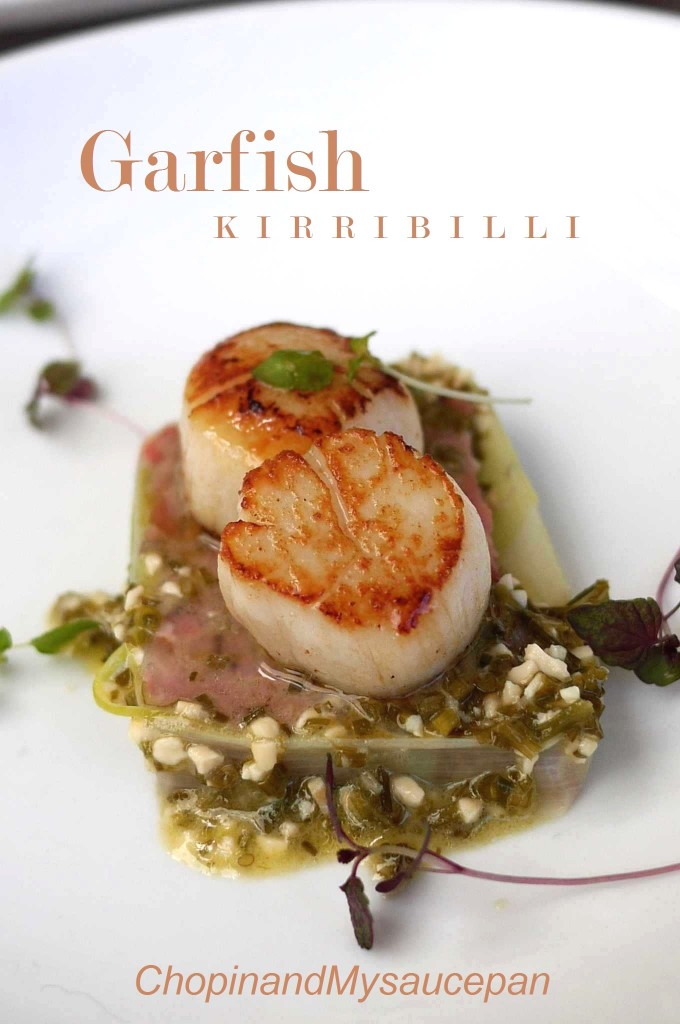




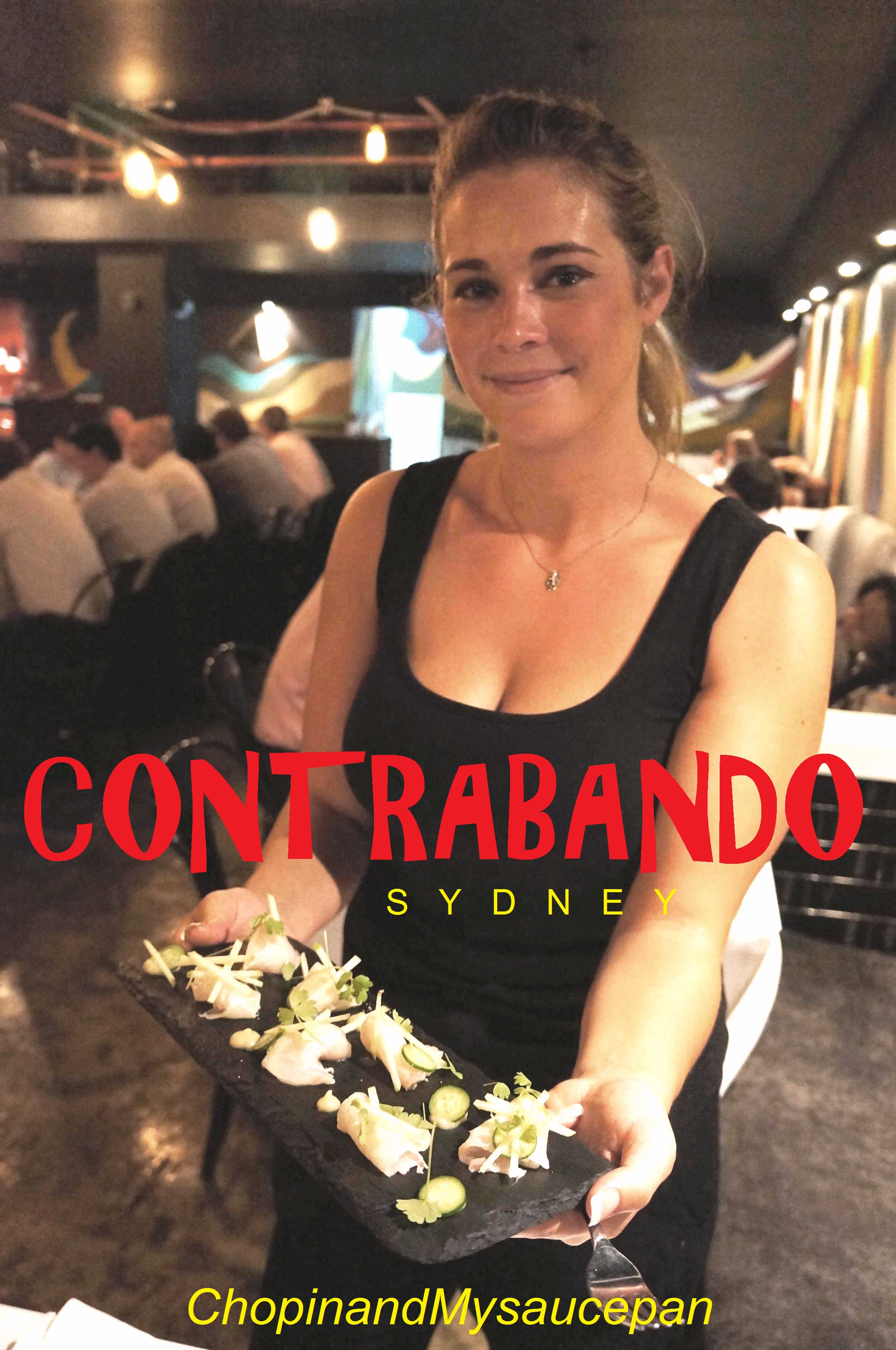





























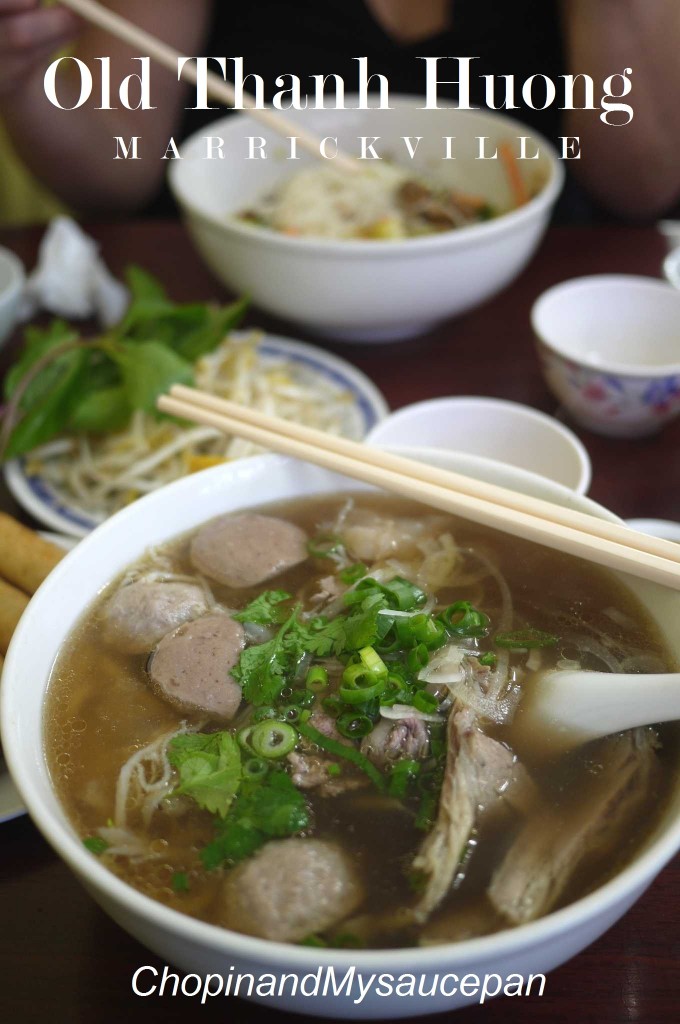




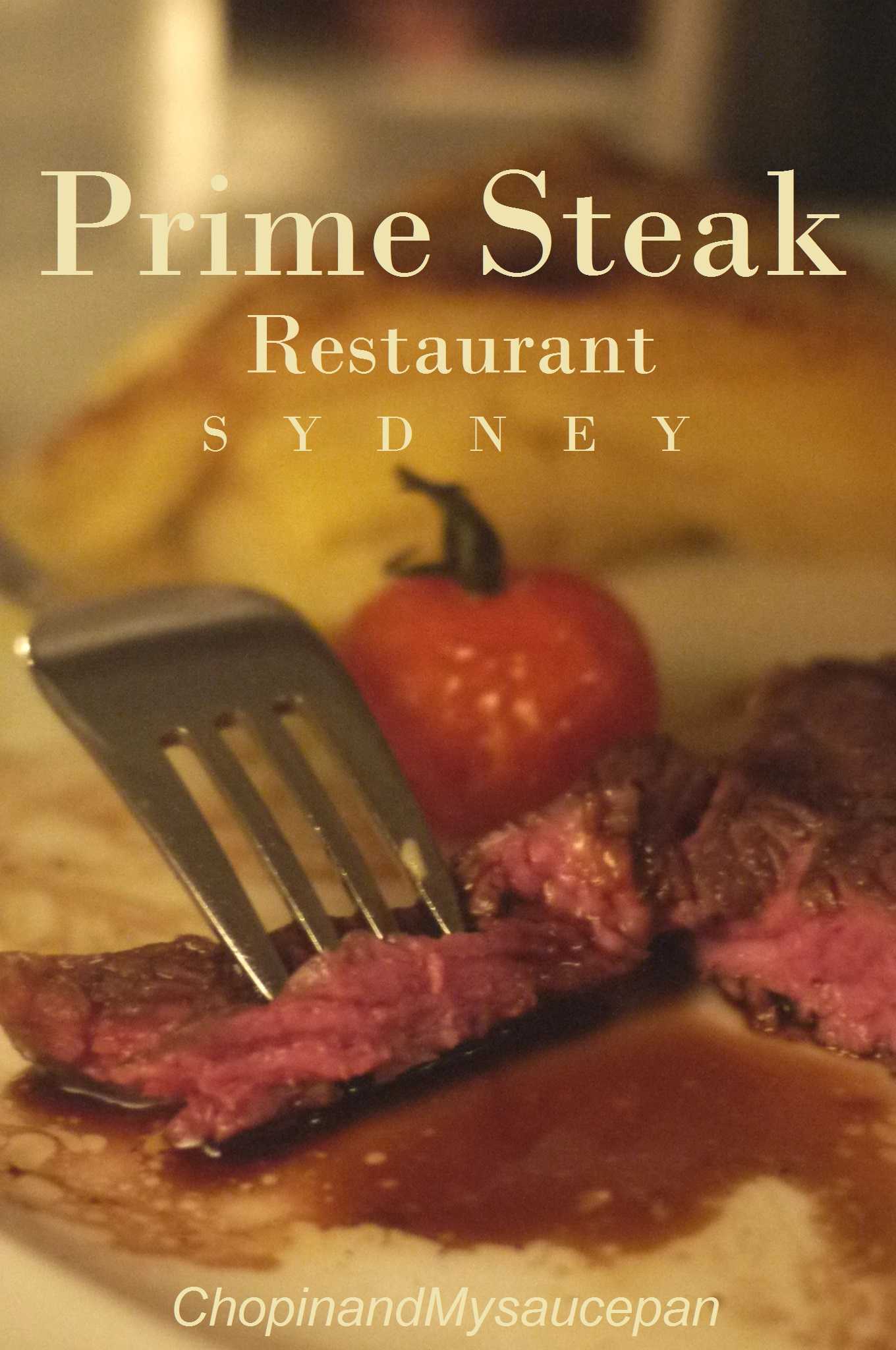








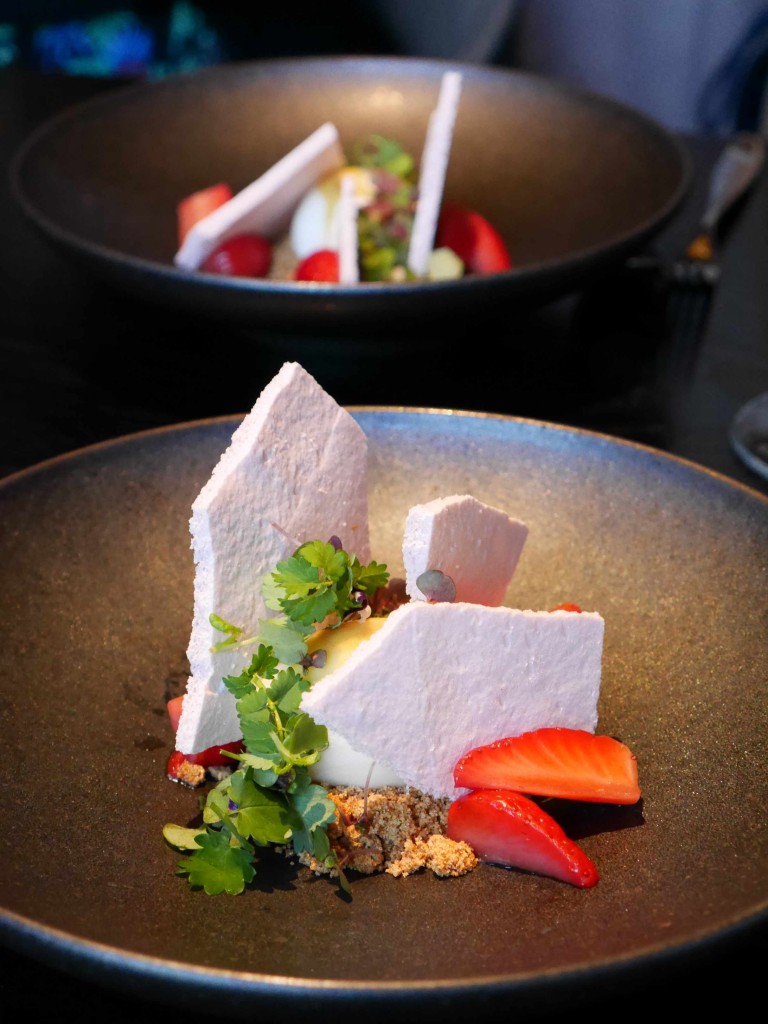
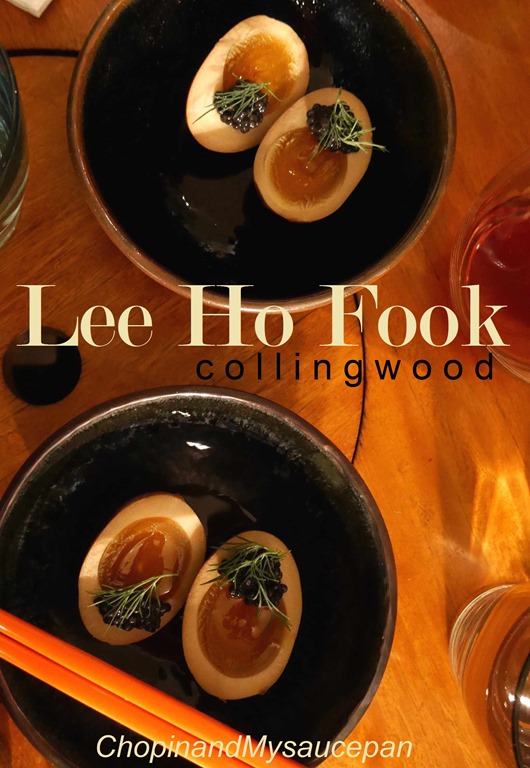
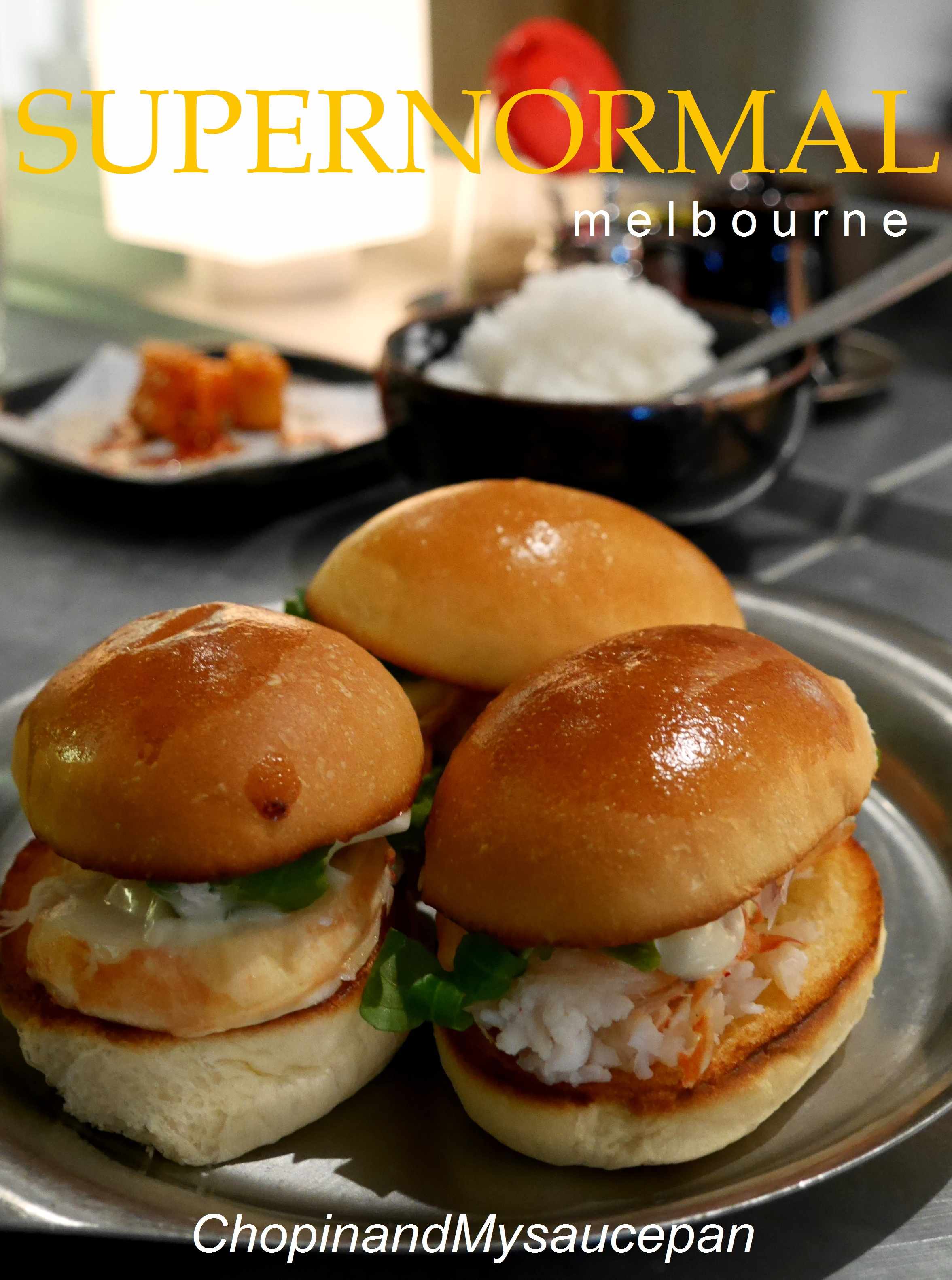

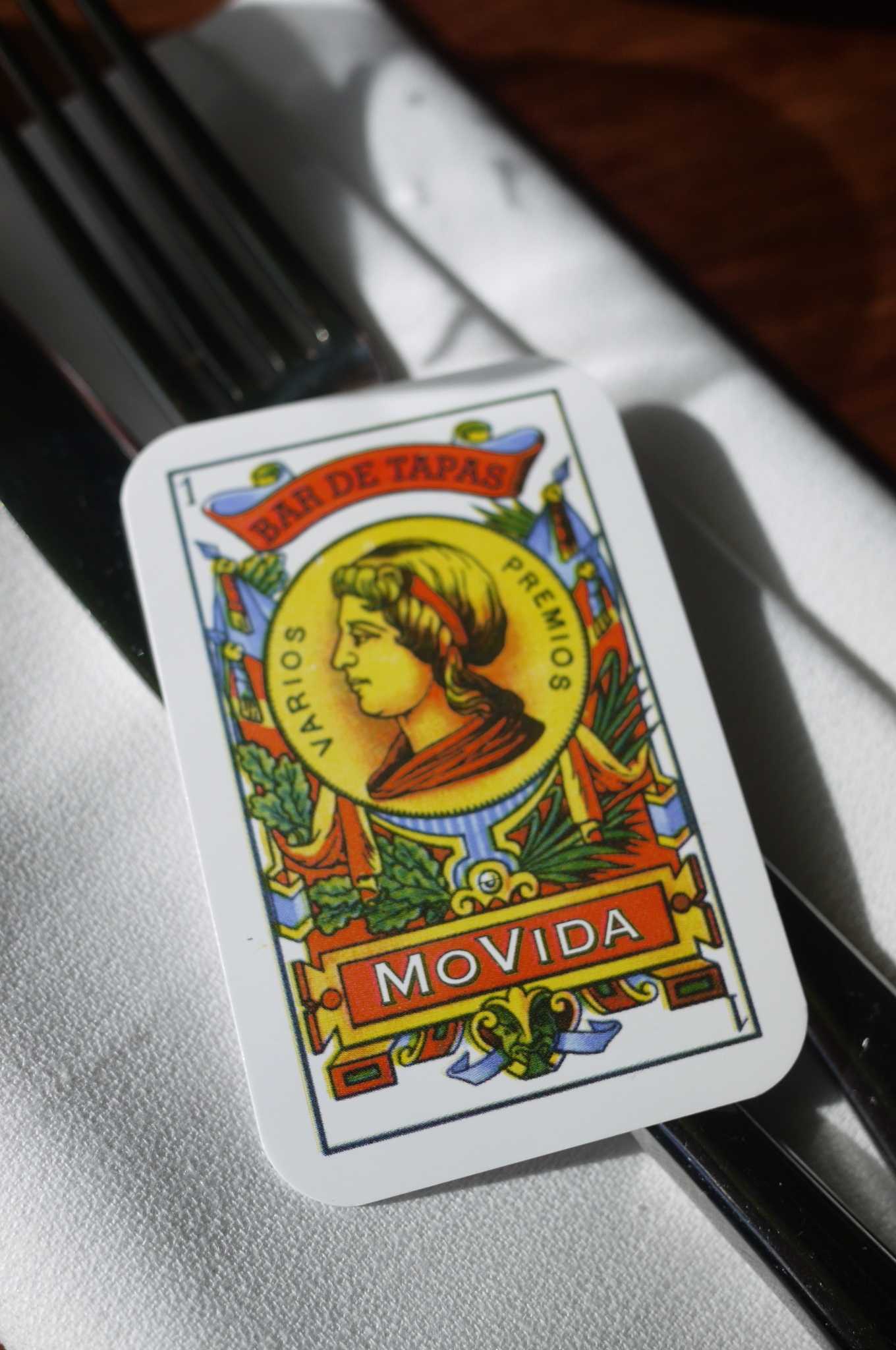





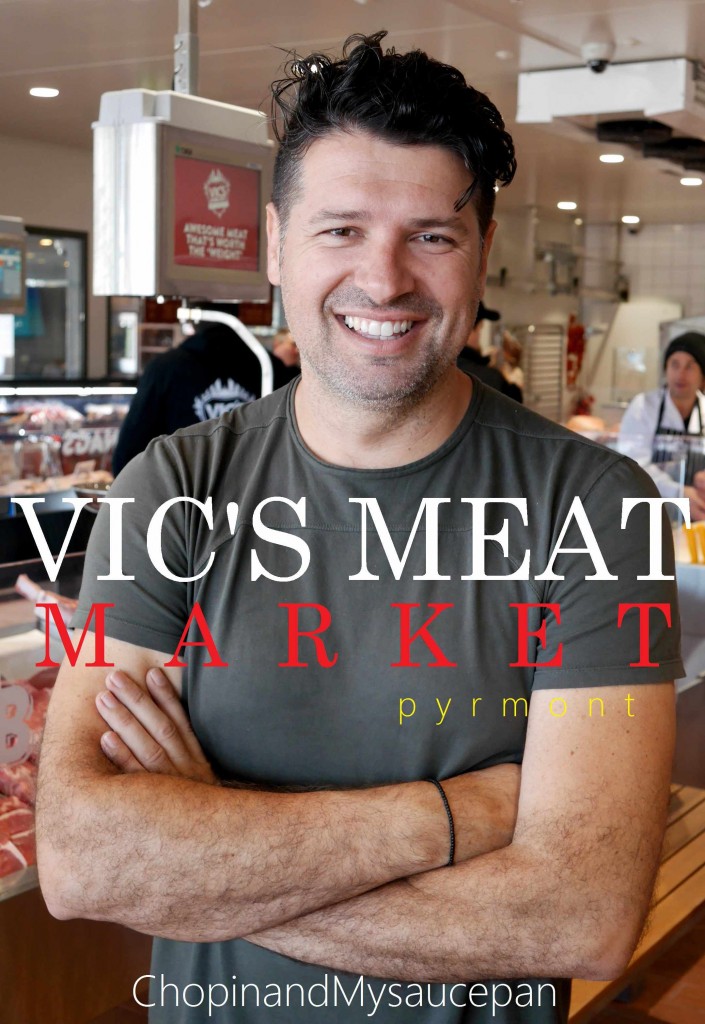


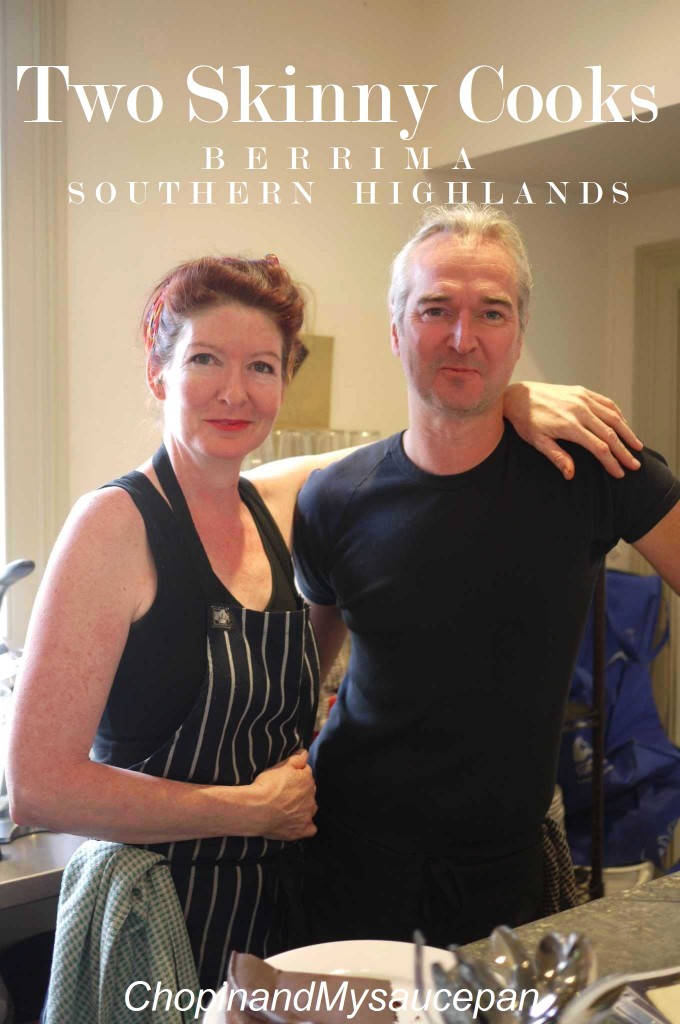





















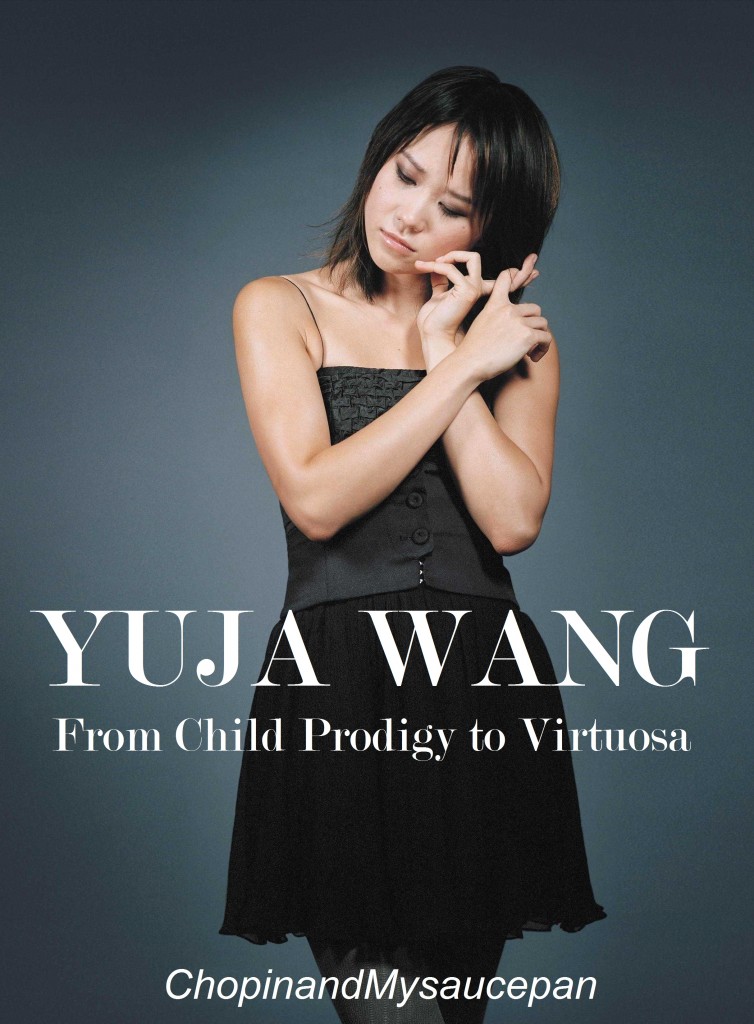










I have Alice Sara Ott’s recording of Chopin’s waltzes and have seen her in a couple of talk shows. I really like her and her playing, and she seems so mature for her age … Thank you for making a post about her!
Oh, and I haven’t listened to Grieg’s piano concerto so far, but this will change now! 😀 Thank you also for further introducing some parts of it!
Dear Kath,
This piano concerto is beautiful in so many ways.
I think it has all the elements for an iconic piece of music – a brilliant motif that is predicated on Grieg’s Norwegian heritage and folk music, a contrasting second movement that presents some of the most beautiful melodies and a climatic third movement with that beautiful lyrical passage in F major by the piano. The flute, horn, bassoon and cellos provide such depth in developing the main motif in so many different ways.
I especially love the haunting sound of all the cellos at 2:57 and 7:35 and how the piano replicates this motif at 3:22 and 8:00.
One of my favourite moment is when the piano plays the beautiful lyrical melody at 15:42 and 16:26 with such tenderness. This certainly rivals the beautiful piano passage at the beginning of the second movement of Chopin’s piano concerto in F minor.
I’ve listened to the record you posted and liked it very much. You’re right, it definitely has elements of Norwegian folk music, like other works by Grieg. I’ll listen to it again and then pay special attention to the parts you’ve mentioned.
Hehe that’s brilliant that she walks on barefoot-it must make it much less nervewracking knowing that you’re much less likely to fall over!
Thank you for a lovely half hour of glorious music this afternoon!!!!! I have promised myself to do it more often….it just doesn’t always happen. Keep your posts coming so I have an excuse to sit with a cup of tea and listen and contemplate with a little bit of ear candy (and Alice Sara Ott was a little bit of eye candy)
Dear Corrie,
I’m glad you enjoyed the performance.
I think this video is the best I’ve seen of all the youtube videos of Grieg’s A minor piano concerto. The video editing is very professional and truly outstanding and I believe it must have been edited in collaboration with a musician who understand the need to display certain instruments at important moments and to simultaneously show more than one musician other than the soloist at critical stages of the work. It has certainly made it easier for me to prepare the Listening Guide to assist my readers for a better appreciation for such a beautiful piece of music.
Facial expression and emotions are just as important to convey the passion they have for what they are doing. It certainly helps too when the soloist is also very easy on the eyes.
I enjoyed listening and watching the video clip. Got goose bump by listening to her amazing piano…. my children *just* started their piano lesson. One is more focused than the other but I highly doubt we have music gene in our family… lol! Thanks for sharing!
Dear Nami,
I’m glad you enjoyed the video clip. She gave an outstanding performance of this piece.
I think it’s great that you are giving the opportunity for your children to learn the piano. Music really gives children another dimension to develop their thinking skills and looking at things in different perspectives. I would recommend the suzuki method of teaching as the best way to learn a musical instrument because it emphasizes on developing aural skills first and foremost. Hearing is a fundamental skill to develop rather than playing technique. If a child has good hearing / aural skills, this child will WANT find a way to express his/her passion in the instrument of their choosing and this fuels the need to develop technical playing skills if it was lacking in the first place. This child will WANT to practice and get better so that he/she can express what they hear.
I did not enjoy learning the piano at first but now I cannot live without playing it. You never know, even if they do not like the piano, they may eventually develop an interest in playing a different musical instrument such as the guitar, violin etc and become very good at it.
The piano is certainly one of the easiest instruments to learn because the sound is easily produced unlike say the violin or trumpet. But to play the piano well requires a lot of practice and a keen interest among kids is a good start. An alternative is to buy them a recorder (flute like instrument where they just blow into it and the sound is produced). It is cheap, portable and is a very easy way to judge the interest and aptitude of children to learn music. Unlike the piano, they cannot visualise the scale on the recorder, but it is relatively easy for them to produce the notes and learn to play all the musical scales.
Hope this helps and good luck with your kids’ musical journey.
http://en.wikipedia.org/wiki/Suzuki_method
Another great post! I really love your listening guides by the way – they really help me appreciate the music properly.
She is such a beautiful person and her piano playing is just as beautiful. Love your notes, it was a great read together with the listening! I played piano myself for about half a year but because I only started in university, it’s just not the same as doing it since young…my brother learnt for many years but he’s better at the French horn which he is studying as a major. I personally love listening to piano, it’s so soothing and sometimes can be so emotional and exciting as well. Thanks for a great post!
Very interesting post. I admit I don’t know Alice Sara Ott, but I will remember her name. She seems an exceptional pianist.
What a talent she is and how incredible is her success for such a young person. Great post! xx
I can’t thank you enough for this post. To hear this music brought to life by an exceptionally gifted pianist, accompanied by a sensitive orchestra and conductor, and illustrated by your comprehensive listening guide was a complete JOY! Again, thanks.